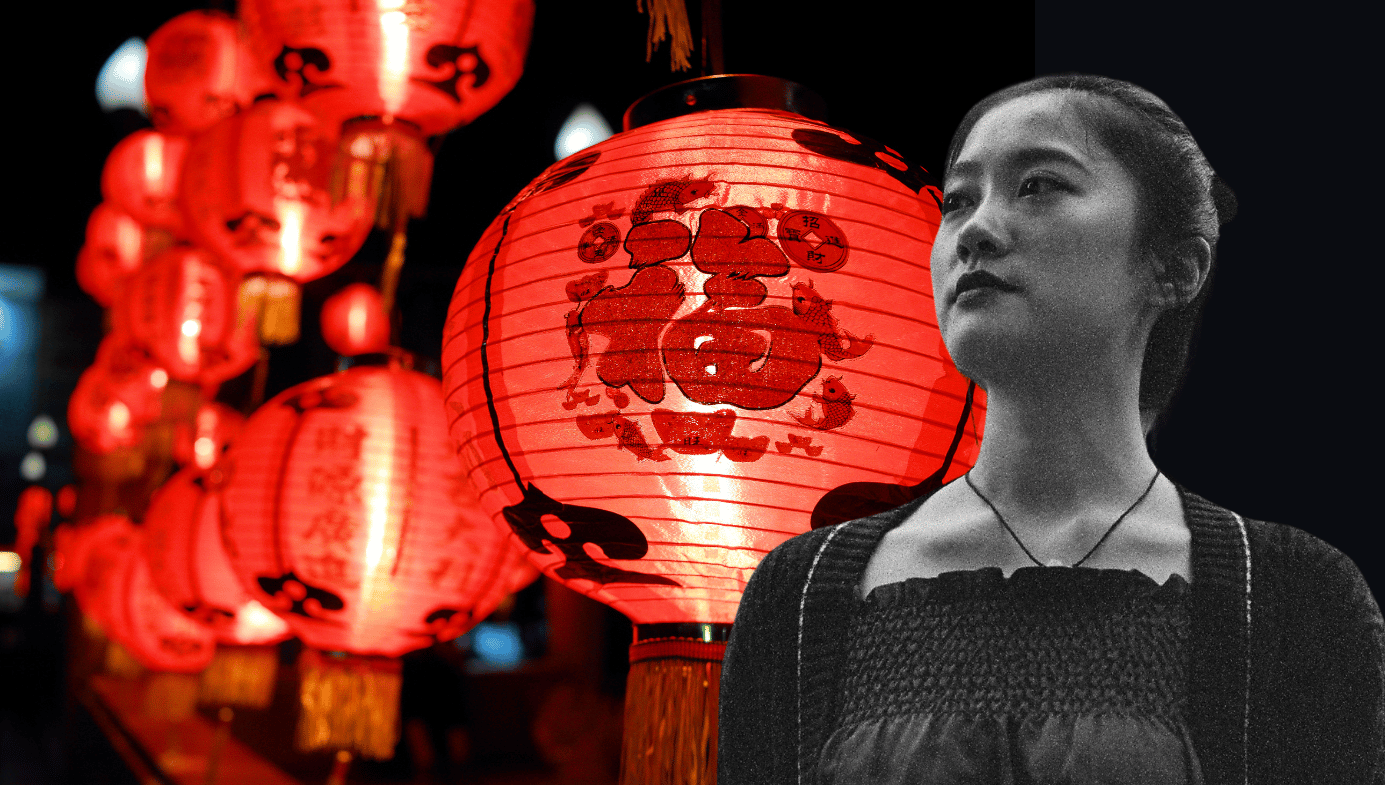Politics
Return of the Fortune Tellers
Wary of the Abrahamic faiths and increasingly contemptuous of Karl Marx’s alternative, young Chinese are drawn instead to tarot, divination, healers, and mediums.

Like much of her generation, 25-year-old Huang Yue faces dismal job prospects in China. And like much of her generation, she turns to the supernatural every night for help. Birth-chart readings; horoscopes and hexagrams; personalised advice from a psychic master—all mediated, in true 21st-century fashion, by an app. Huang told reporters Caiwei Chen and Viola Zhou that her fumbling search for spiritual insight provides her with “meaning and solace.” She appears to be a representative case: one Chinese survey found that 80 percent of respondents under the age of 30 are exploring mysticism, generally in the form of astrology and tarot. It’s a market ripe for exploitation, and sure enough, the hucksters and mountebanks are already swarming. They can smell the yuan. Last year, China’s online spiritual services market reached an estimated ¥6.68 billion.
Divination and fortune telling are among the oldest of traditions, in China as everywhere else. But their revival among the nation’s youth is the product of uniquely desperate circumstances. The number of university graduates continues to rise faster than the number of appropriate job vacancies; accordingly, even postgraduate students end up delivering food or sorting trash or joining the production lines at cigarette factories.





